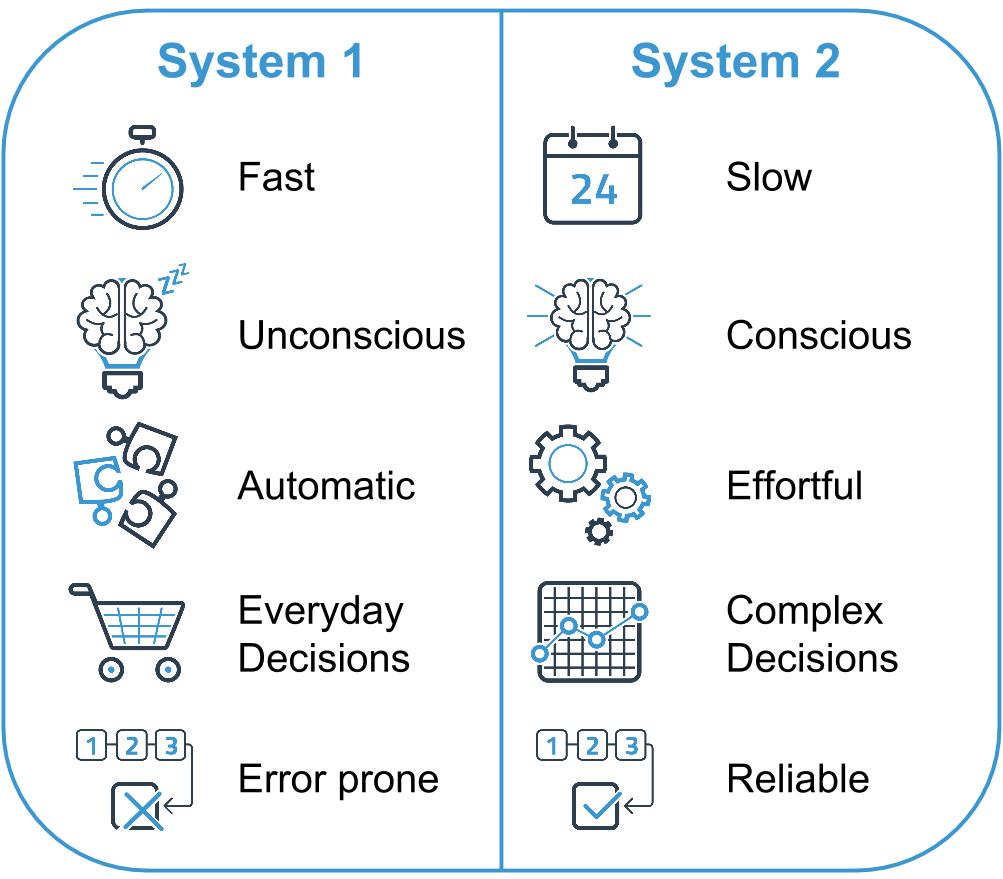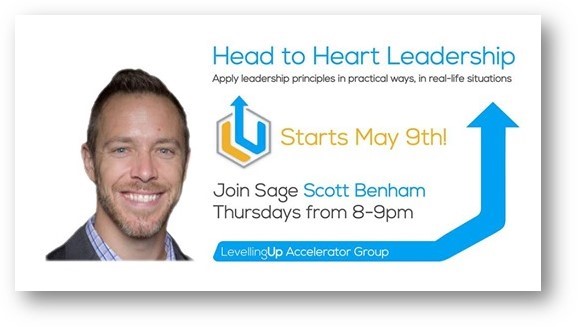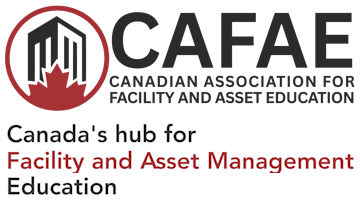
Asset Management Coordinator – have you heard this of this career before?
Well, if you haven’t, you’re about to hear a lot about it from municipalities over the next little while.
Many municipalities are facing challenges to fund their infrastructure at levels that ensure their sustainability. With ageing assets, increased renewal needs and pressures from changing climate there is a need to do things differently and collaborate to address the “infrastructure gap”.
The end goal is for municipalities, provinces, and the federal government to leverage asset management planning to optimize infrastructure investment decisions. For example, in December 2017, the Province of Ontario passed O.Reg 588/2017 that sets out new requirements for asset management planning for municipalities.
This makes the need to hire Asset Managers and/or Asset Management Coordinators, even more important and urgent. Therefore this is a rapidly growing and expanding career in Canadian municipalities.
So what is asset management and why do municipalities need an Asset Management Coordinator?
What is Asset Management?
Asset management refers to the systematic approach to the governance and realization of value from the things that a group or entity is responsible for, over their whole life cycles. It may apply both to tangible assets and to intangible assets. Asset management is a systematic process of developing, operating, maintaining, upgrading, and disposing of assets in the most cost-effective manner.
What kind of background and training do I need to have for this career?
Many asset managers have engineering, finance and/or planning backgrounds but another key criterion is Project Management, as addressed in a recent Public Sector Digest webinar, “Hiring an Asset Management Coordinator”, sponsored by muniSERV/muniJOBS, as being integral to the success of someone looking to enter this career.
Municipalities reported that core competencies should be there but much more important is that you can tell them how you’d add value to the position. Because this is an emerging field, you have a great deal of liberty to build the position as you go. Articulate it in your cover letter. You may not have all the skills right now but if you’re willing to learn, municipalities are willing to provide you with the right training to do the job.
Top skills reported are;
- Willingness to learn on the job
- Systems thinking
- Relationship building and
- Communications skills.
At present, there are no courses available at universities, although, the Municipal Finance Officers’ Association of Ontario (MFOA)and Public Sector Digest can help.
For municipalities looking for an Asset Manager or Coordinator, muniJOBS has some candidates with Asset Management listed as one of their skills. To search candidates, simply register for a free Employer profile.





 If 10,000 hours (or 5 years of 8 hours of practice 5 days a week) scares the pants off you, it has been established that 10,000 hours is insufficient in the most highly competitive fields such as the Olympics. Performances that were record-setting twenty years ago are now achieved in training by many competitive athletes! Or, maybe looking at this from a more reassuring angle, in pursuits where the bar is set low (like leadership?), significantly fewer than 10,000 hours are required to become outstanding. After all, the U.S. had 1 Olympic athlete in Rio for every 583,213 Americans – as compared to 1 people manager for every 4.7 employees.
If 10,000 hours (or 5 years of 8 hours of practice 5 days a week) scares the pants off you, it has been established that 10,000 hours is insufficient in the most highly competitive fields such as the Olympics. Performances that were record-setting twenty years ago are now achieved in training by many competitive athletes! Or, maybe looking at this from a more reassuring angle, in pursuits where the bar is set low (like leadership?), significantly fewer than 10,000 hours are required to become outstanding. After all, the U.S. had 1 Olympic athlete in Rio for every 583,213 Americans – as compared to 1 people manager for every 4.7 employees.





